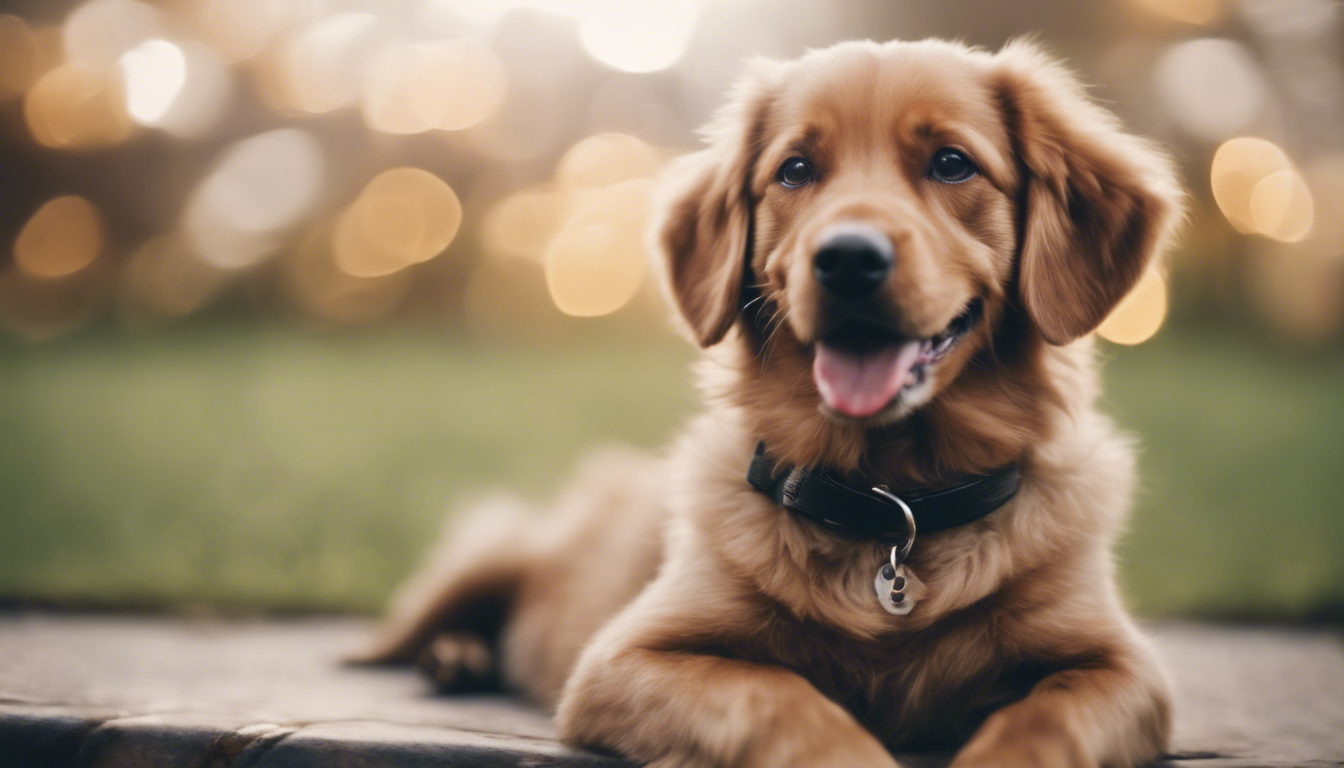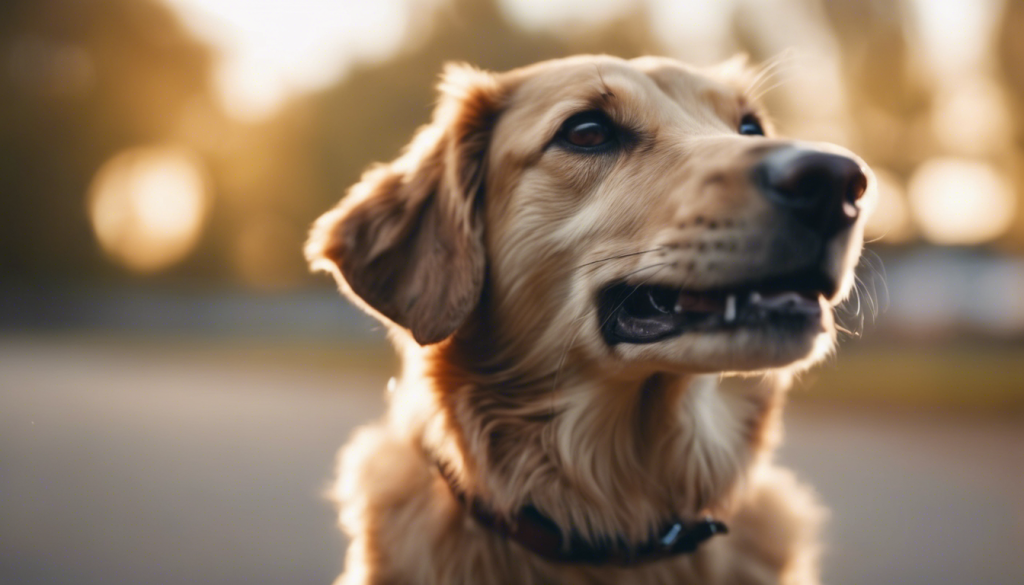Socializing Your Dog – How to Raise a Well-Behaved Pooch

When it comes to raising a well-behaved pooch, socialization plays a important role in their development. Proper socialization not only helps your dog become more comfortable in various environments and situations but also promotes better behavior and companionship. In this article, we’ll explore essential aspects of pet parenting, including behavior training and companionship, to help you effectively socialize your furry friend.
Why Socialization Is Important
Before diving into the how-tos of canine socialization, it is important to understand why it is so important. Socialization helps your dog become accustomed to different people, animals, sights, sounds, and experiences. It builds their confidence, reduces anxiety, and minimizes fear-based aggression.
Additionally, proper socialization helps prevent behavior problems such as excessive barking, destructive chewing, and separation anxiety. It also teaches your pup invaluable skills like self-control, impulse management, and appropriate manners in various settings.
Start Early
The best time to start socializing your furry friend is during their puppyhood. Puppies have a critical socialization period between 3 to 14 weeks of age, where they are more open to new experiences. However, even adult dogs can benefit from socialization efforts.
Expose your pup to a wide range of stimuli, including different people (of all ages), other animals, various environments, and everyday objects. Gradually introduce them to new experiences in a positive and controlled manner.
Positive Reinforcement Training
Behavior training is an integral part of socializing your dog. Positive reinforcement training is highly effective and focuses on rewarding desired behaviors rather than punishing unwanted ones.
When teaching new commands or addressing behavioral issues, use rewards such as treats, praise, or playtime to reinforce good behavior. This approach helps your dog associate positive experiences with learning and encourages them to repeat desired behaviors.
Expose Them to Canine Companions
In addition to exposing your dog to people, it is important to introduce them to other dogs. Arrange playdates with well-behaved and vaccinated dogs, or ponder enrolling them in reputable puppy socialization classes or doggy daycares.
Supervised interactions with other canines allow your pooch to learn important social skills, such as appropriate play behavior, body language reading, and practicing bite inhibition. It also helps prevent the development of fear or aggression towards other dogs.
Manage Fearful Reactions
Some dogs may exhibit fear or anxiety in certain situations. It’s important to recognize signs of distress, such as trembling, panting excessively, hiding, or avoiding specific stimuli. When your dog shows fear, do not force them into uncomfortable situations.
Instead, provide a safe and calm environment while gradually exposing them to the fear-inducing stimuli in a controlled manner. Use positive reinforcement techniques to help them associate positive experiences with previously feared situations.
Consistency and Patience
Socializing your dog requires patience and consistency. Remember, each dog is unique, and the speed of their progress may vary. Some may take longer to adapt, while others may respond quickly to socialization efforts.
Be consistent in exposing your dog to a variety of environments, people, and animals. Practice obedience training regularly and reinforce positive behaviors at every opportunity. By remaining patient and understanding, you can support your dog’s journey towards becoming a well-socialized and well-behaved pet.
Incorporating Daily Social Interactions
To maintain the progress made during formal socialization efforts, it’s vital to incorporate daily social interactions into your dog’s routine. Regular walks, visits to dog-friendly parks or cafes, and meeting new people during outings can help reinforce their social skills.
Remember, socialization is an ongoing process throughout your dog’s life. Continuously expose them to new experiences to keep their social skills sharp and prevent regression.
Socializing your dog is an essential aspect of pet parenting that promotes their overall well-being, behavior, and companionship. By starting early, using positive reinforcement training, exposing them to other dogs, managing fearful reactions, and being consistent, you can raise a well-behaved and socially adept pooch. With patience and daily interactions, you’ll help create a confident and happy companion for life.







